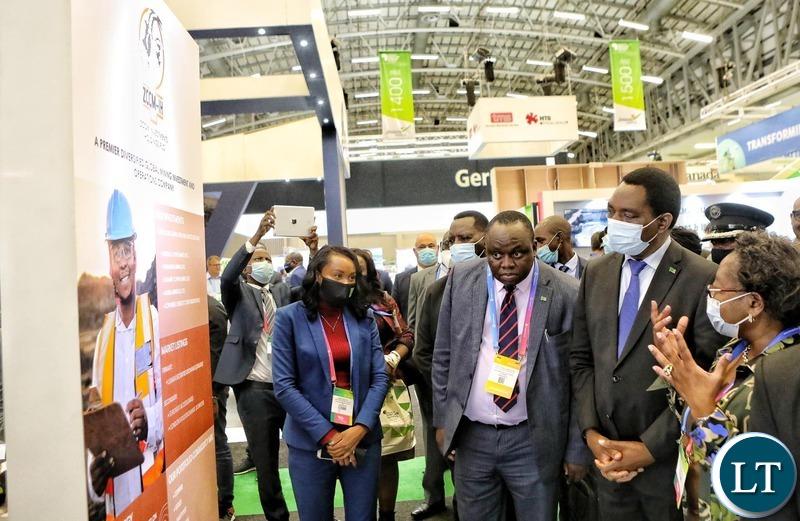Africa-Press – Zambia. Zambia’s mining sector is facing scrutiny over its reliance on foreign investment, with stakeholders urging the government to ensure that pledges are not simply public relations stunts. President Hakainde Hichilema recently announced that the country had seen a rise in investment from $3.3bn to $5.2bn in the past year, due to various pledges, including a $150m investment by Kobold Metals into the Mingomba mine.
However, Professor Owen Sichone, head of the Independent Centre for Copperbelt Studies, a think tank, has warned of the dangers of not tracking such pledges. He cited previous examples, such as RAMCOZ Mine in Luanshya and Vedanta Mineral Resources, where promises of investment have not been fulfilled. In the case of Vedanta, the company promised to pay $25m, but only did so using proceeds from Zambia’s own copper exports.
Professor Sichone argued that good neo-liberals, like Chile, have refused to privatise CODECO because they recognise that tax-evading private companies do not fund development, while every state needs money for defence, security, education, health, and climate change survival. He added that after 30 years of private sector-led economic growth in Zambia, it is only the state’s obligation to protect citizens, as there is a lack of a social contract between Zambian citizens and private investors or foreign aid workers.
The opposition Leadership Movement (LM) has also raised concerns about Zambia’s reliance on foreign investment. The party’s president, Dr. Richard Silumbe, said that successive governments in Zambia have operated under a colonial mentality and have kept the country stuck with the notion that it needs foreigners and their capital to run the mines, rather than relying on its own human capital.
Dr. Silumbe argued that foreign investors will continue to declare losses while exploiting the country’s resources without benefit to Zambians, and suggested that the country should receive 75% of the profits from mineral proceeds, rather than just taxes. He also recommended that Zambia should consistently audit copper production levels, ensure that all mineral transactions are conducted through the Bank of Zambia, and prioritise local control of assets over foreign-controlled operations.
For More News And Analysis About Zambia Follow Africa-Press







